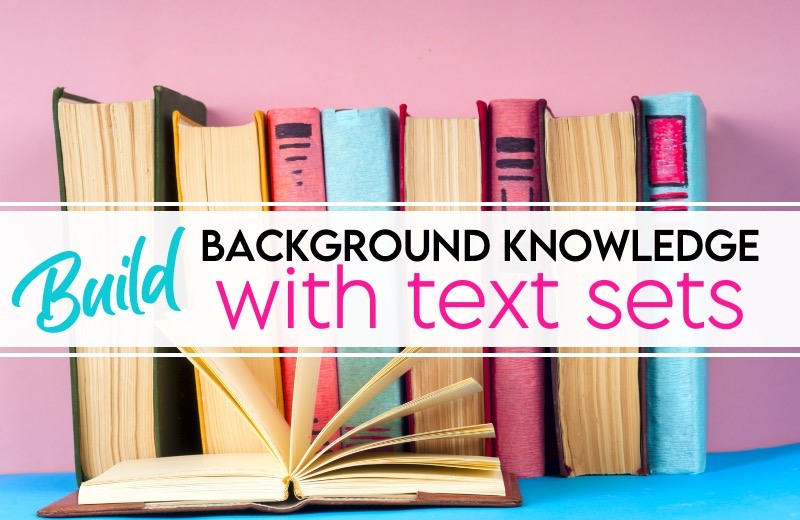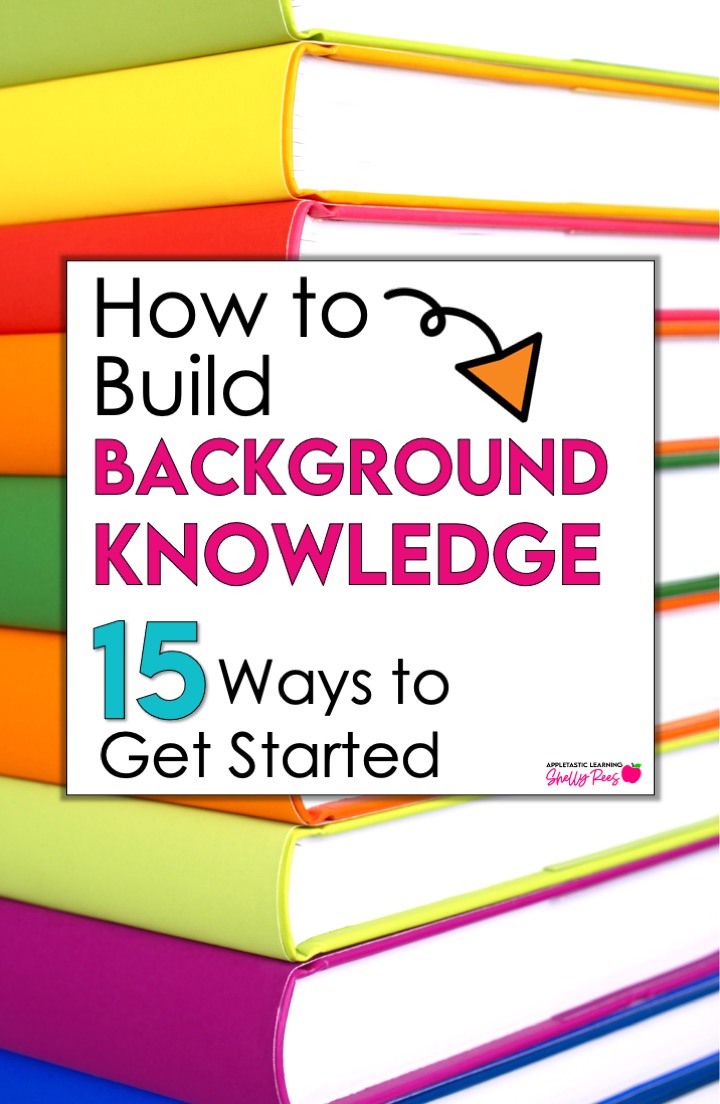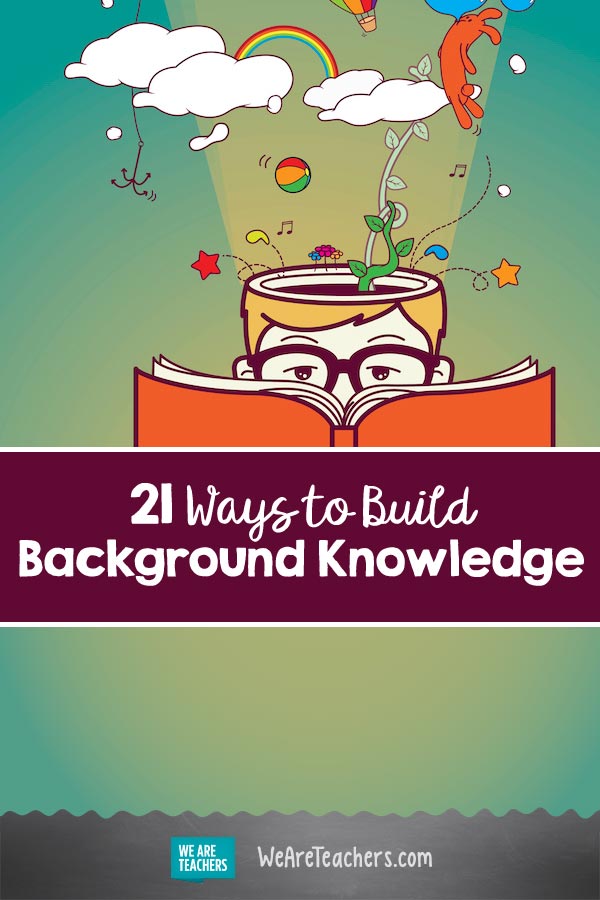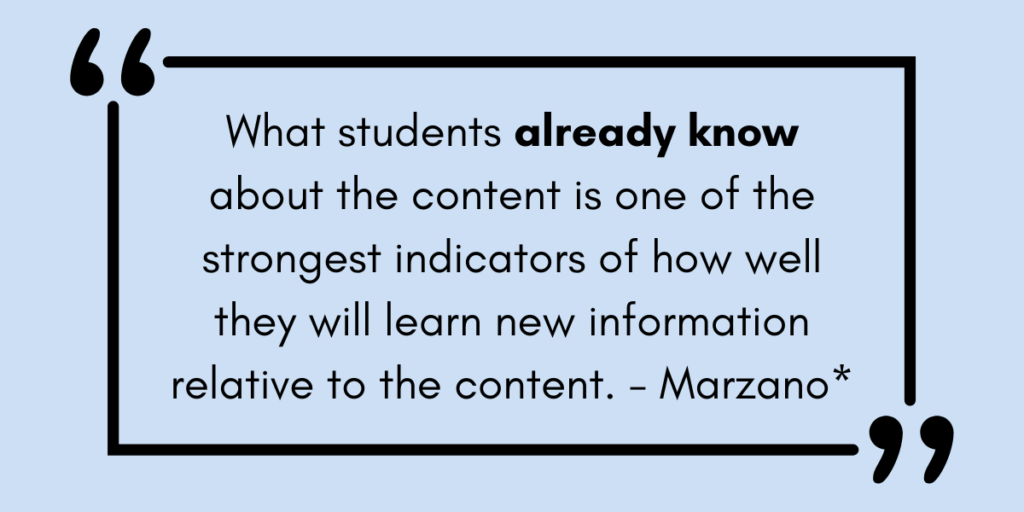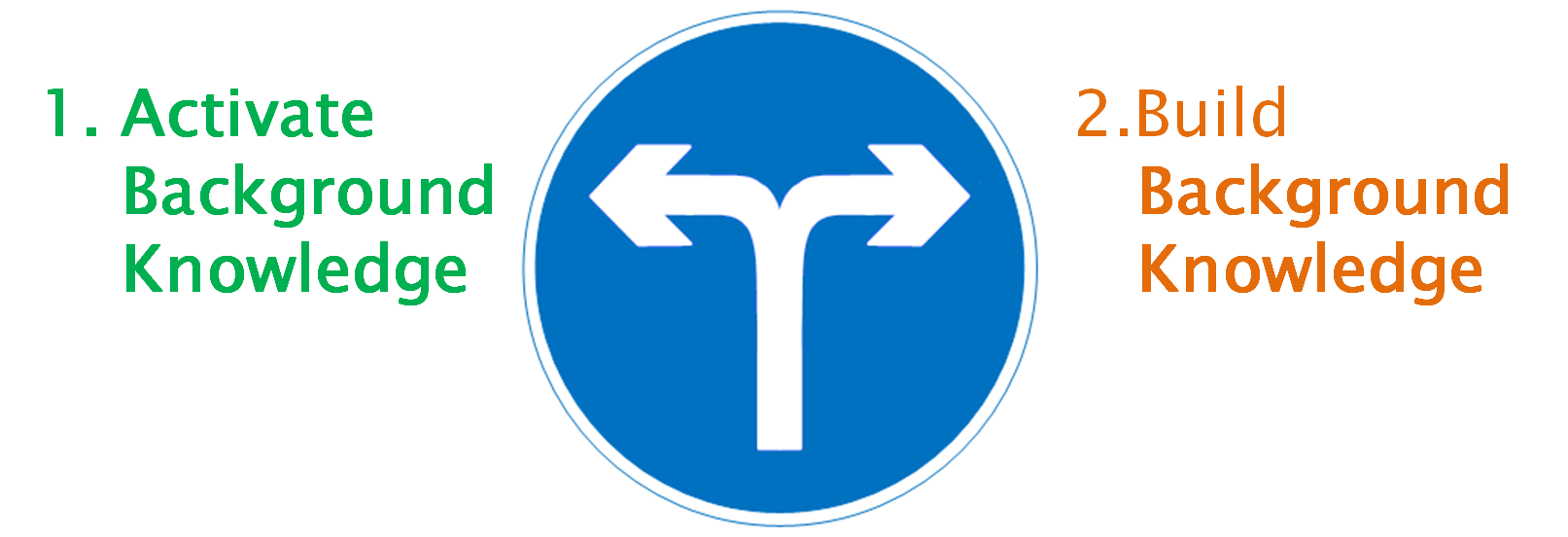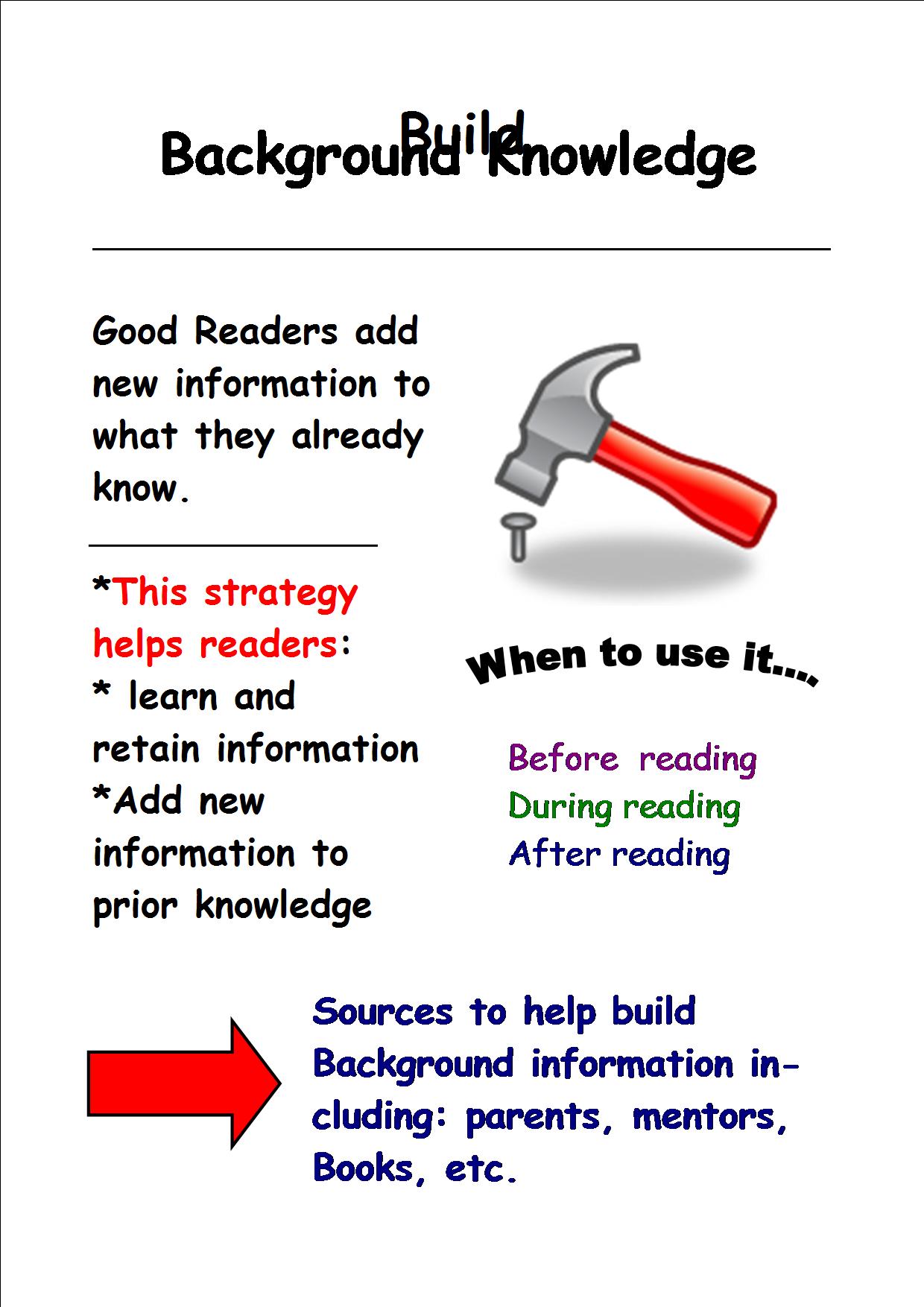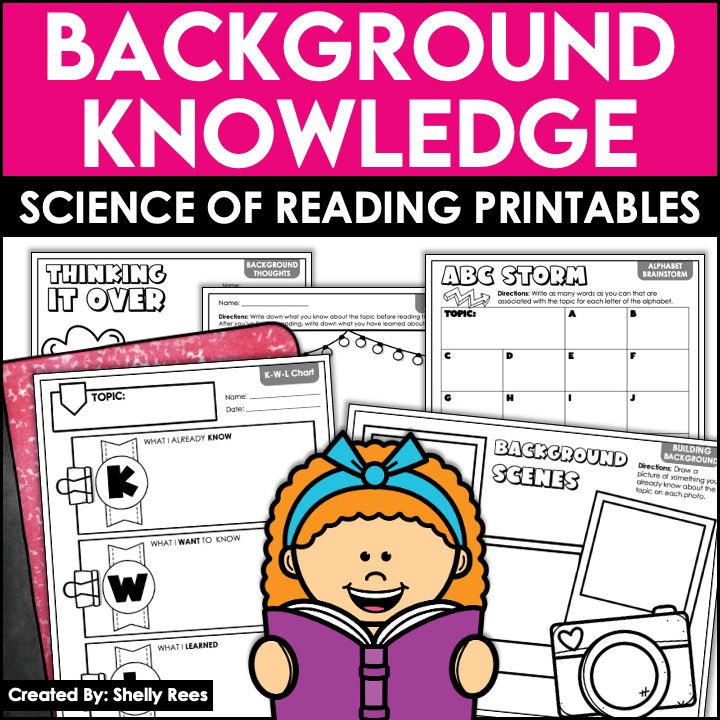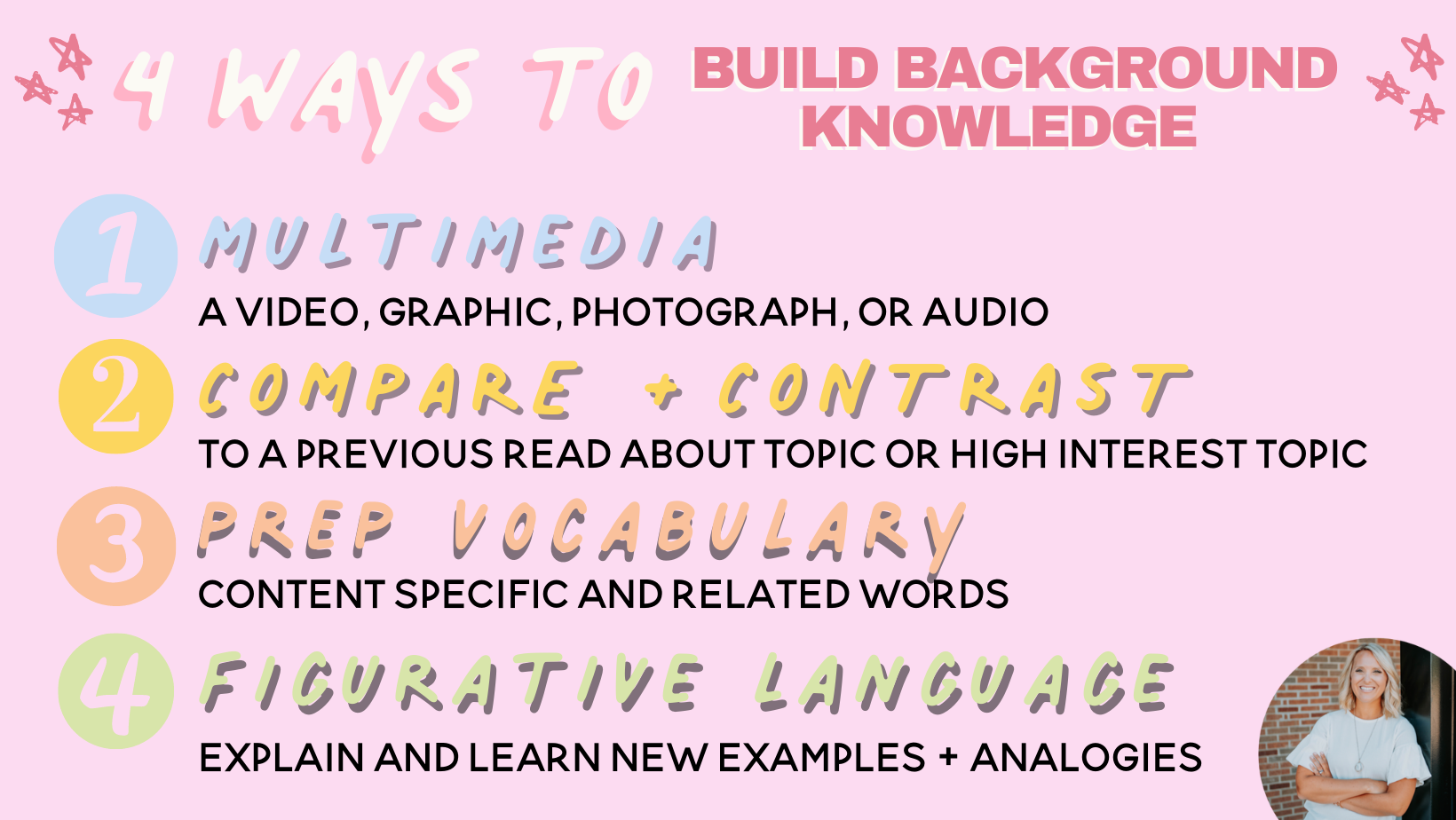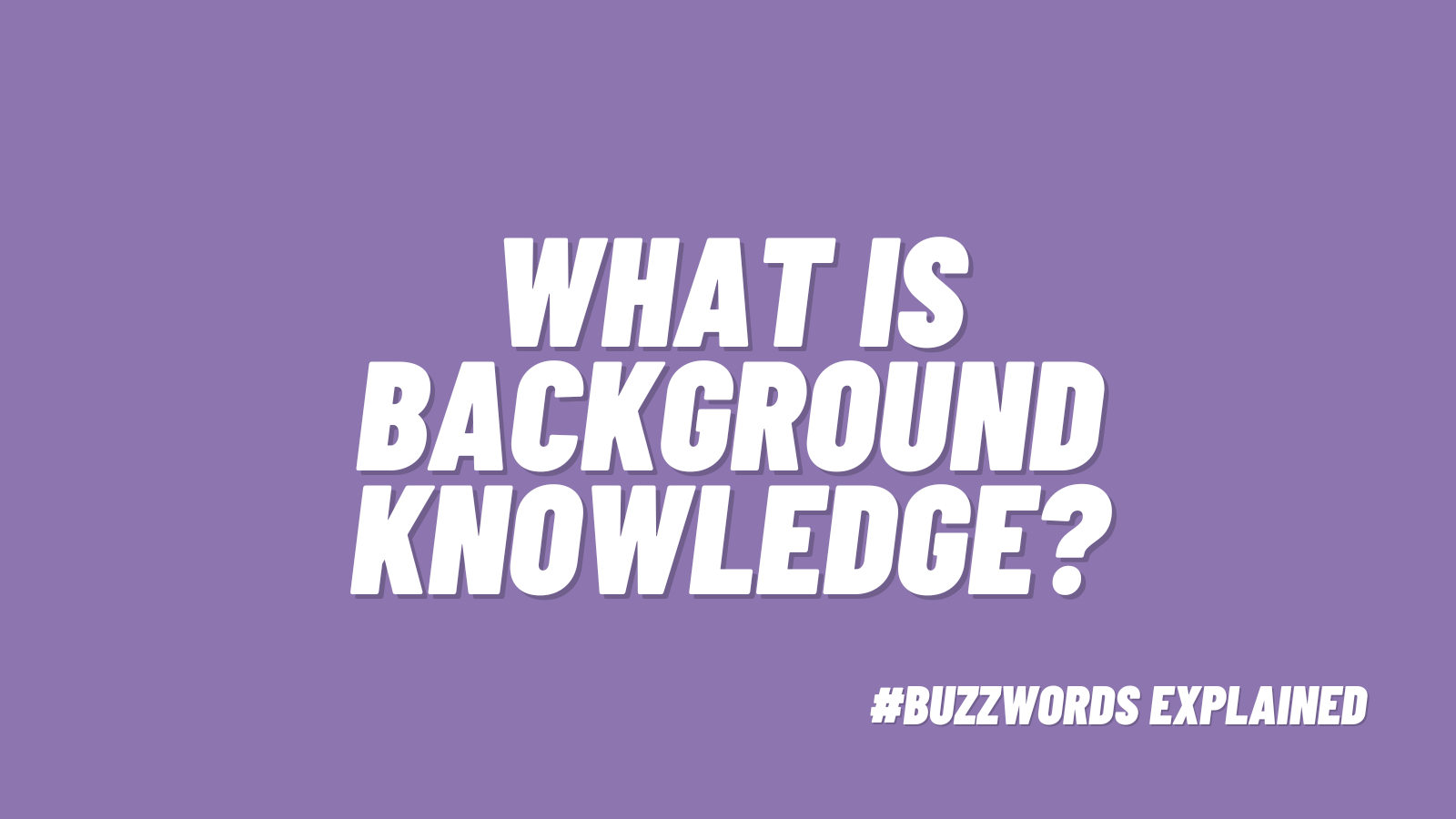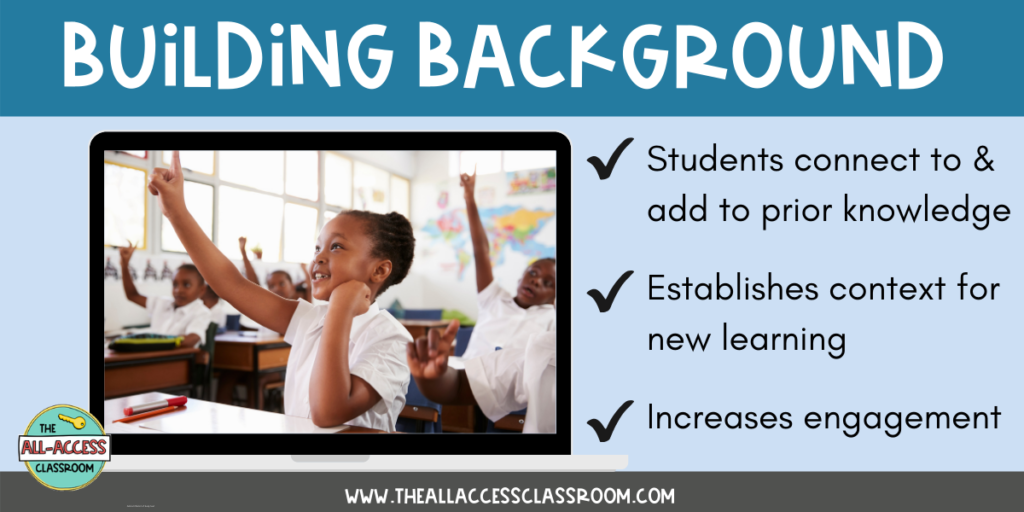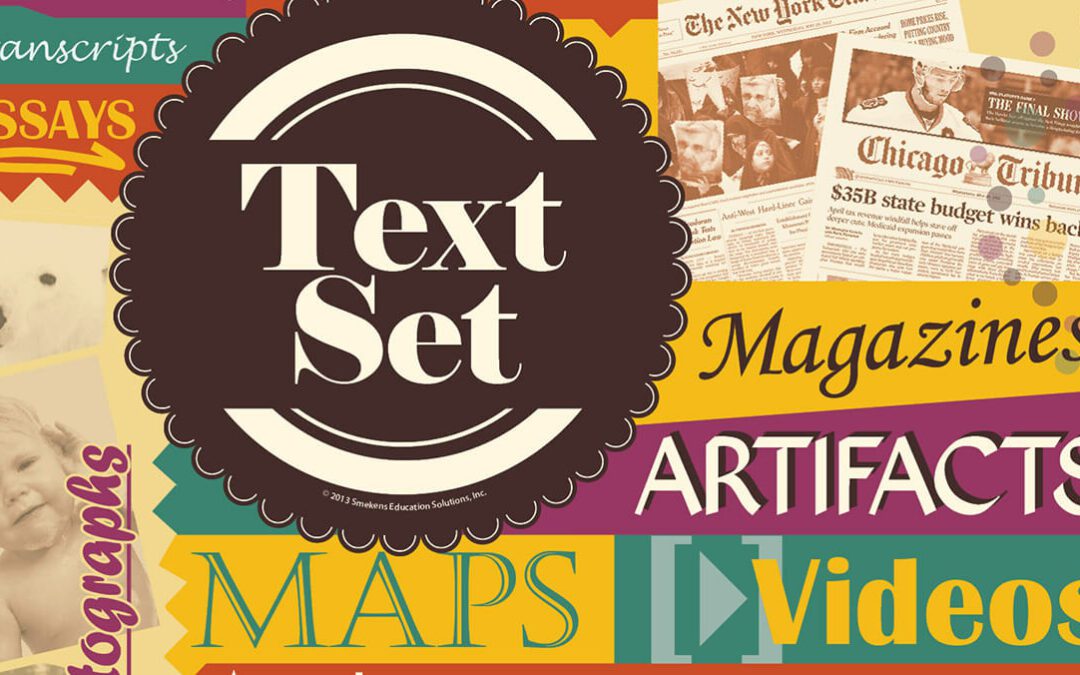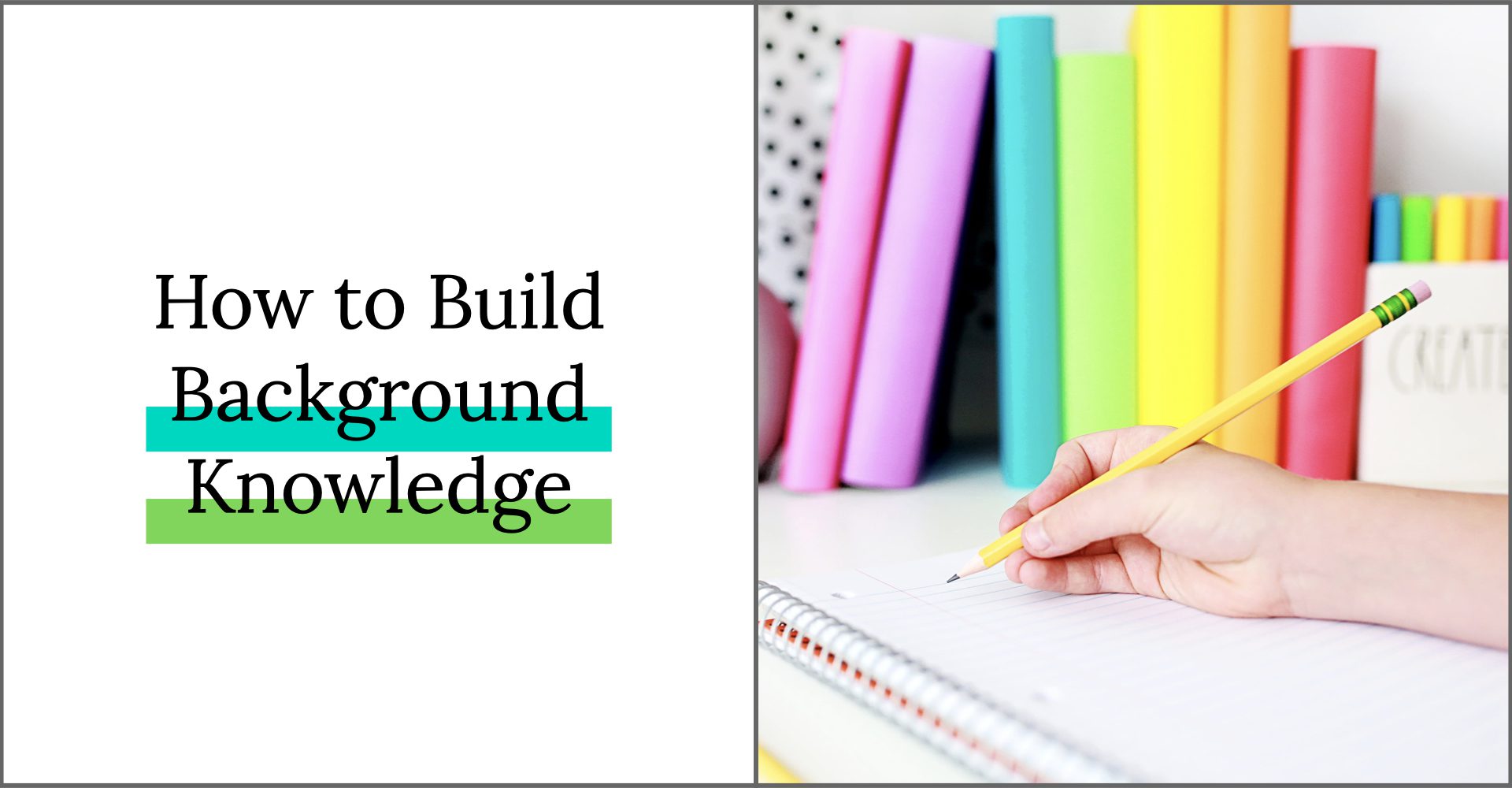Matchless Tips About How To Build Background Knowledge

For example, embed social studies, science or math in reading.
How to build background knowledge. Building too much background knowledge is counterproductive. A small, actionable step that aligns your instruction to the science of reading; To strengthen and deepen background knowledge, double up—combine two content areas in one lesson.
Here are a variety of ways to activate students’ prior knowledge and build further background knowledge in preparation for new learning. Identify key background knowledge needed for the lesson review your lesson plan and: In this episode on ways to build and activate background knowledge, i share:
Rachael walker what is background knowledge, and why is it so important for reading comprehension and motivation? By reading across a variety of topics, students gain a wide base of knowledge that they can draw upon as they encounter new texts. Building background knowledge is a scaffold that enables all students to access the learning 2.
Readers use their background knowledge to make inferences, combining evidence in the text with their own experience to figure out what an author implies but doesn’t directly state. The number one reason that students perform poorly on comprehension assessments is that they can’t decode (see for. Several texts on the same subject are read to increase vocabulary and background.
When we read an article before assigning it, we sometimes see that the author builds the. In terms of curriculum design, thematic and interdisciplinary instruction is an effective approach to build background knowledge and help learners make connections. Visit lee & low books’ guides for information on hundreds of titles.
Students see the connection between previous and current learning. Make it a habit to read all kinds of books that introduce your child to. This webinar will address this issue and how the new series reflect helps students achieve their academic goals at all levels.
Another way to build background knowledge is through readworks.org and their article of the day text sets. When we activate and build students’ background knowledge: Here are my favorite ways for helping students build background knowledge regardless of their socioeconomic background:
We establish a set of conceptual. Building knowledge reduces your need to differentiate. The good news is there are tons of ways to do a!
Background knowledge is what lets readers make sense of idioms and expressions, like “once in a blue moon” or “under the. Building kids' background knowledge is key to helping their reading comprehension. Six strategies for building background knowledge.
In this introduction, you’ll also discover simple, everyday. Reading a variety of genres of books, listening to multiple media sources, and engaging in conversations on multiple topics only increase someone’s background.
